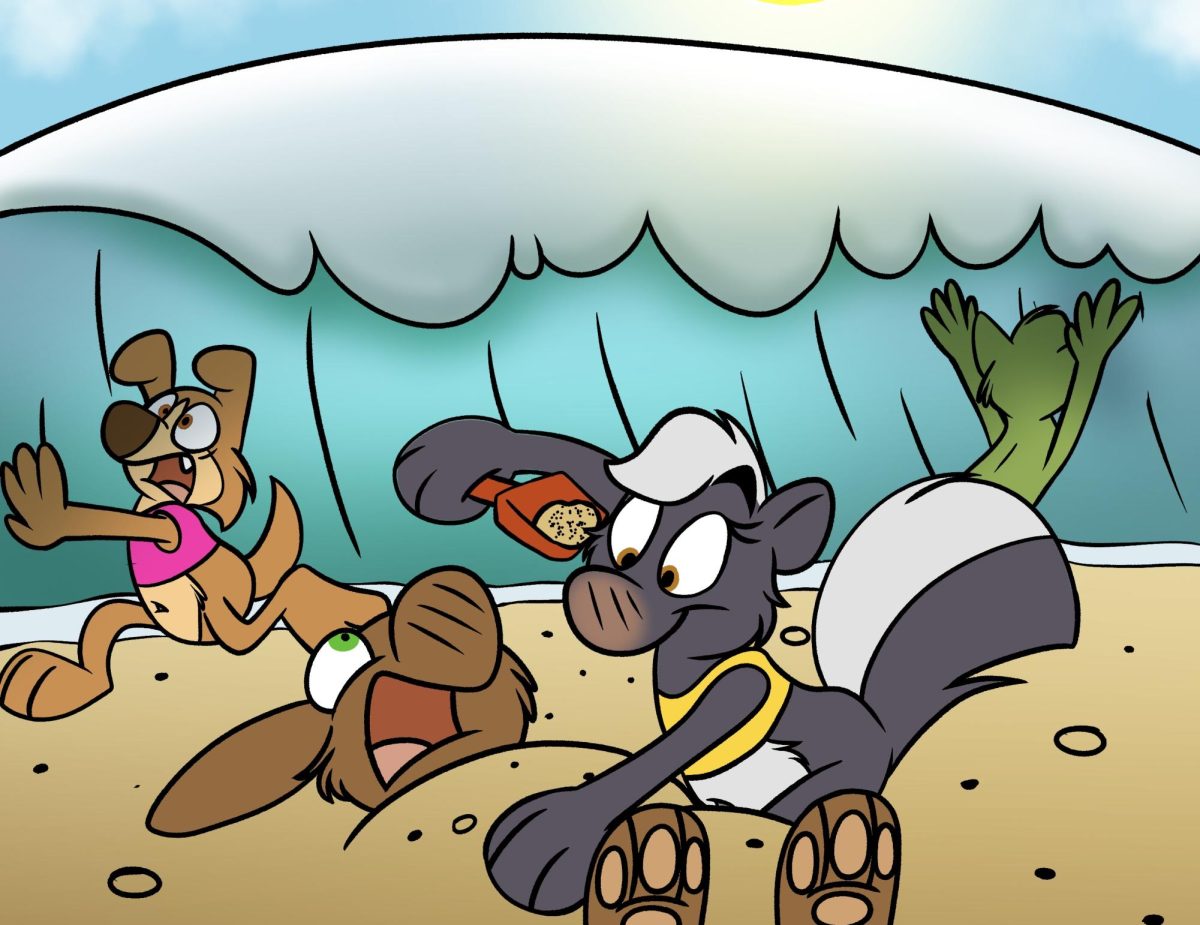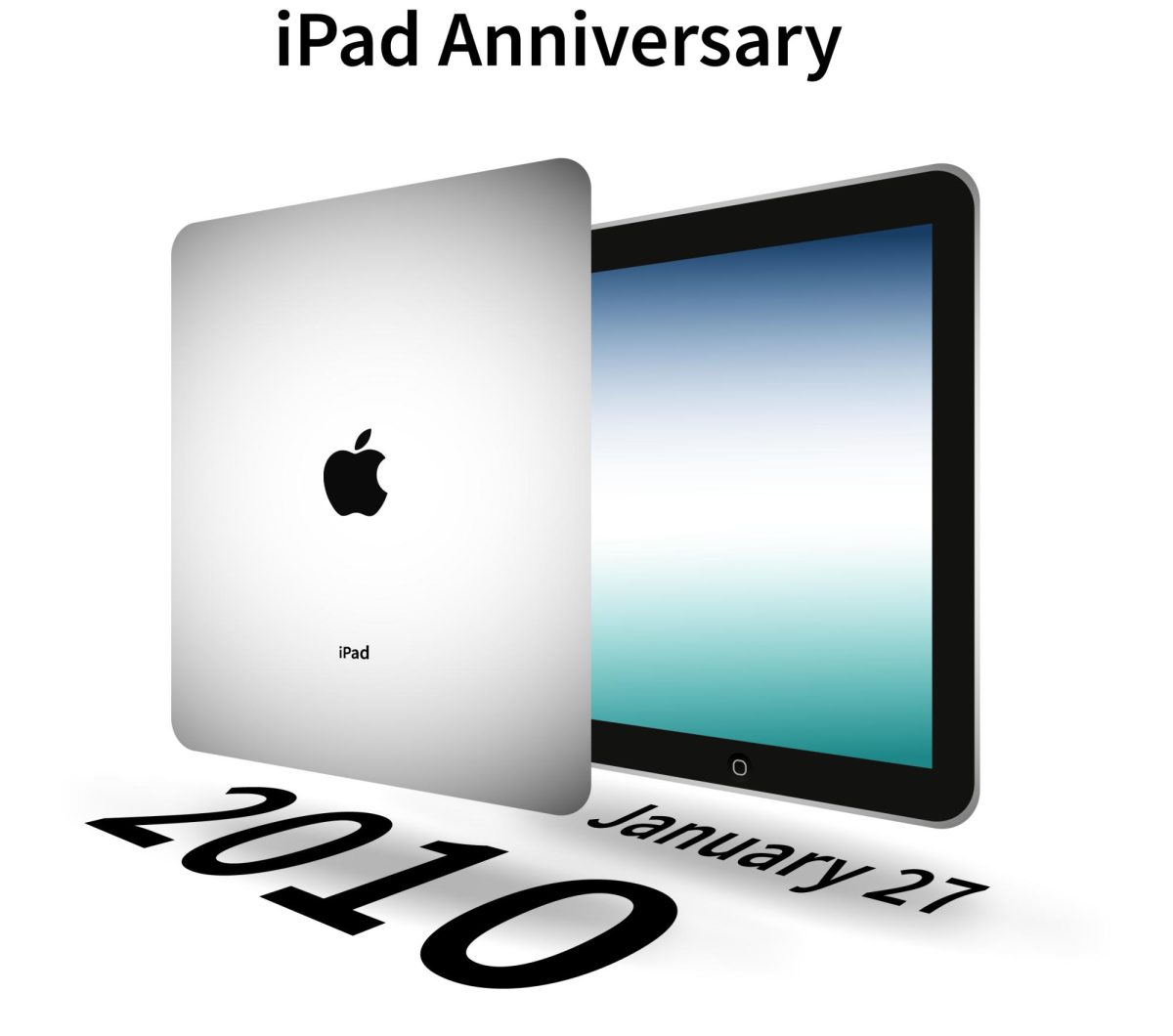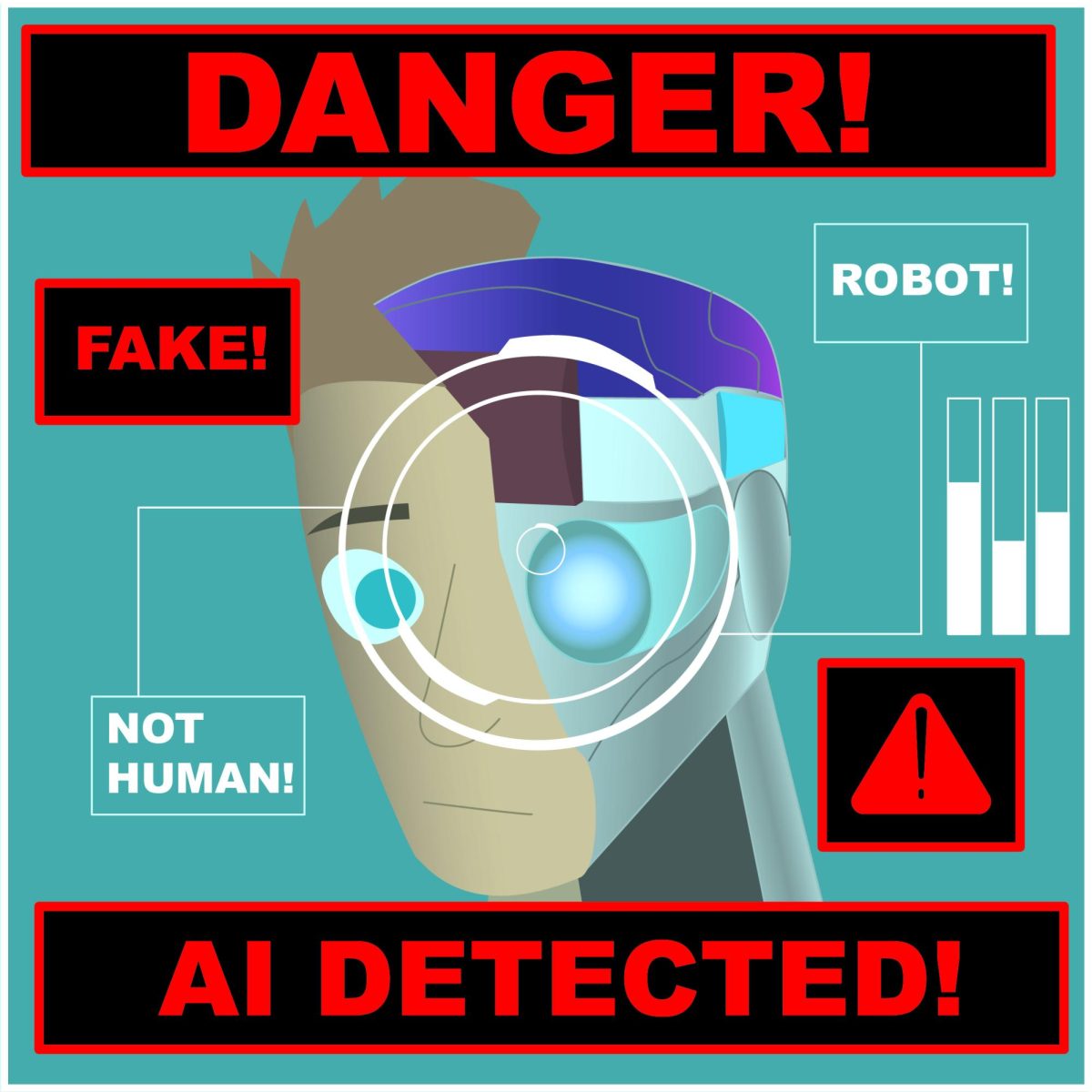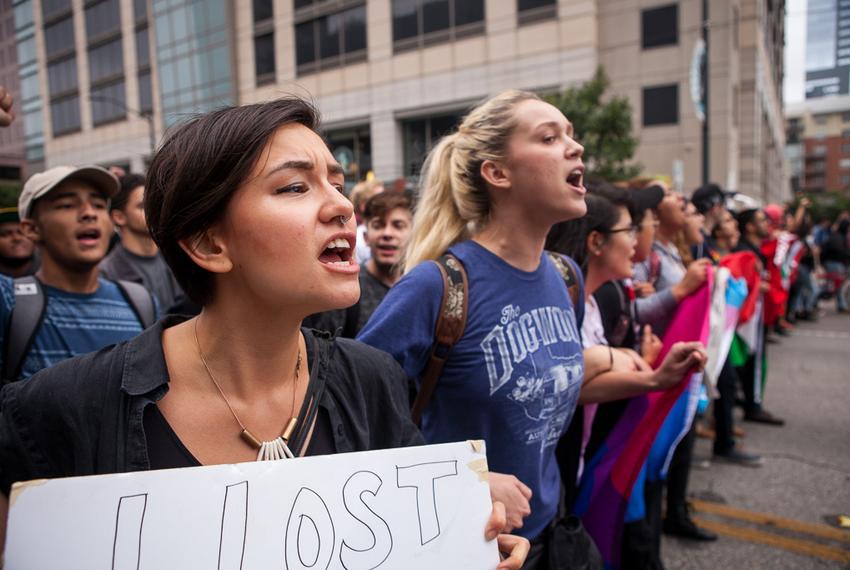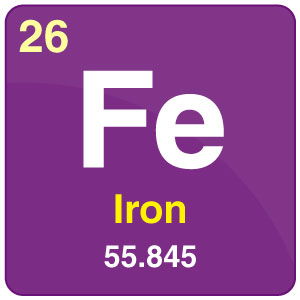By Caitlin Piper, Opinion Editor
It seems that we can hardly go a day without hearing someone mention a social media website, whether it’s the half-audible remark of a passing stranger or an in-depth debate on the effects of technology in our psychology class.
It’s clear that our society has a love-hate relationship with sites such as Facebook. We post the most trivial things on our wall for our friends and family to see, eagerly anticipating feedback on our trip to the grocery store or our blurry, poorly lit photos of our home-cooked meal. Yet a sizeable chunk of the population fears that we are growing more shallow and disconnected from the world than ever before.
Yes, the ongoing social media craze has brought to light a number of issues we would much rather pretend never existed. We’ve grown dependent on the approval of others for the most unimportant things. Popularity is measured in clicks, likes and shares. We measure our worth by our number of online friends.
But is it really as bad as we think?
Do the cons of social media really outweigh the pros?
Far too many people view the rise of social media as the fall of meaningful relationships. Consider the story of 82-year-old Yvette Vickers, a former B-movie star and Playboy playmate who spent her last months in front of her computer, conversing with fans on social media sites. Her body was found months after her death in late 2010 not by a concerned friend or family member, but by her horrified neighbor, who noticed that she hadn’t left her home in some time.
Rather than focus on the sad fact that Vickers had died alone and had gone undiscovered for some time, various news publications instead targeted her time spent on Facebook, turning her tragedy into a crusade against social media.
They confused Vickers being alone with her being lonely, and turned her death into something it was not.
We mourn the death of real relationships while acting as if shallow relationships never existed before social media, or even before Facebook. MySpace, despite being extremely popular among tweens, teens and young adults in the early 2000s, never experienced the same amount of backlash that Facebook is currently battling.
Although no one likes to admit it, we thrive on the feedback and attention of others, no matter how insignificant or brainless their comments are. Shallow and pointless it may be, but is it really harming us in the long run?
Social media does not weaken relationships — it merely exposes them as what they really are. If someone can’t be bothered to talk regularly with their friend or relative on a computer at practically any time of the day, who’s to say that they would through other means?
The world is at our fingertips. We can chat with a man in San Francisco just as easily as we can practice our Mandarin with a woman in Beijing via Skype, all without ever leaving the comfort of our own homes.
We need to stop treating social media and the Internet as if they are digital boogeymen intent on destroying our capacity to hold meaningful conversations with other people. Our ability to learn and reach out to our fellow man is now stronger than ever.
Correlation does not equal causation. We as individuals are to blame for most of the faults of social media, not the websites themselves.

